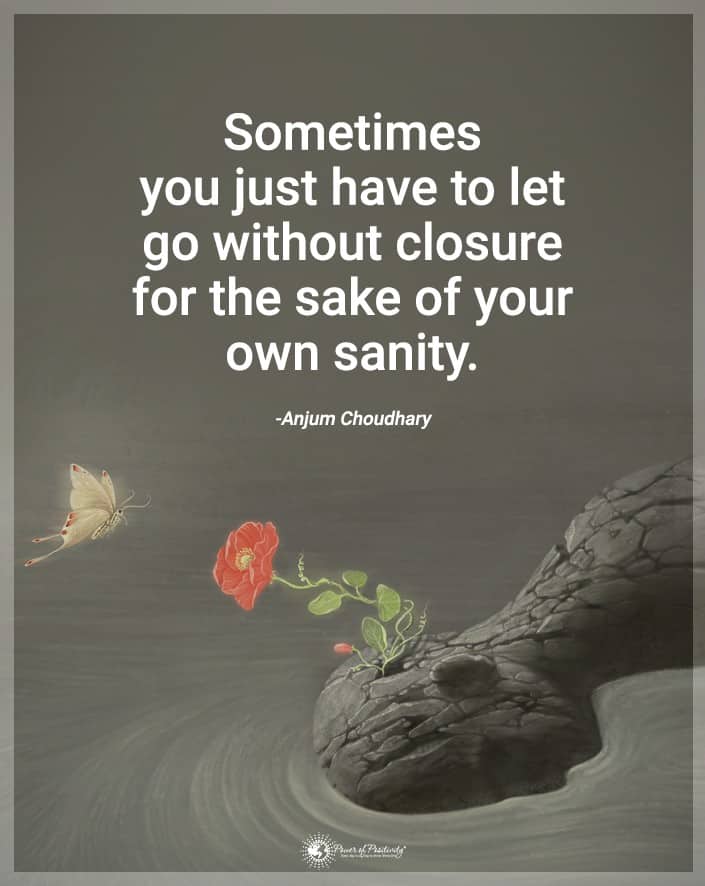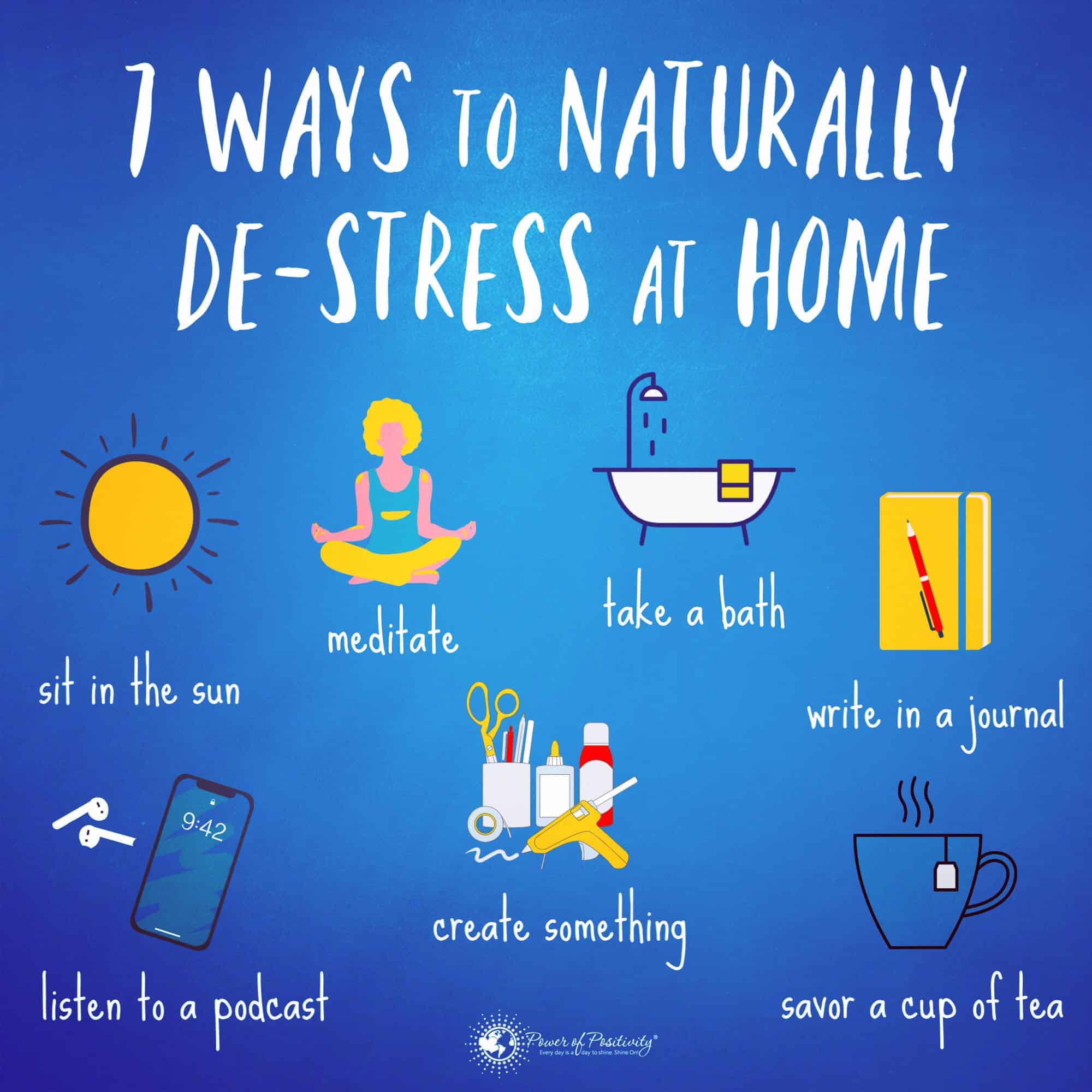Unfortunately, many people in the U.S. and worldwide suffer from some sort of anxiety disorder.
In the U.S. alone, approximately 18.1% of people age 18 and older have anxiety, which equals 40 million people. If you have never had anxiety, you may not understand what people who do suffer from it go through on a daily basis.
Anxiety can affect every aspect of someone’s life, and treatment doesn’t totally eliminate the symptoms, in some cases.
People with anxiety can often feel very alienated and misunderstood, as the percentage of the population without anxiety often make incorrect assumptions about them. If your partner suffers from anxiety, you’ll want to know the following facts so you can do your best to support them in the relationship.
HERE ARE 5 THINGS YOU NEED TO KNOW IF YOUR PARTNER HAS ANXIETY:
1. They suffer physically, mentally, and emotionally from anxiety.
Anxiety doesn’t just affect one’s brain and how they process information; it can actually affect them on an emotional and physical level, too. Anxiety occurs due to a combination of genetics, personality, environment, diet, and chemical imbalances in the brain.
All of these factors can make anxiety feel like a burden on the physical body and can induce headaches, cold sweats, flushing of the face, insomnia, stiff muscles, and more.
Mentally, anxiety can cause so much strain and stress due to constant racing thoughts and an overwhelming feeling of fear. Make sure you tune in to how your partner feels frequently so that you can try to understand their perspective and offer support.
2. They might also suffer from depression.
According to the Anxiety and Depression Association of America, about one-half of people with an anxiety disorder also suffer from depression. Having both of these disorders feels like being pulled in two different directions, to explain it simply. Anxiety tells your partner to get up and go, while depression says to stand still.
Managing both of these disorders can overwhelm your partner at times, and according to the Mayo Clinic, anxiety often occurs as a symptom of depression.
3. Your partner will need a lot of alone time.
Anxiety can make it difficult to stay social and keep up with others, and it drains one’s energy even further. Your partner might not want to go out on the weekends with you all the time, so respect their needs. Anxiety drains them of their energy, and socializing can easily overwhelm them when they already feel depleted and exhausted.
Your partner loves your company, of course, but even that can seem tiring if they don’t get a break. Just give them their alone time in order to recharge so that they can continue to be a good partner to you and a good caretaker of their own needs.
4. Anxiety doesn’t make your partner weak or incapable of loving you.
Many people think that those with a mental illness don’t have the capability to love others or sustain a relationship, but this stigma surrounding mental disorders needs to end. People with mental disorders have simply been too strong for too long, and anxiety and depression can occur as a result.
The most important thing to keep in mind when dealing with a partner with anxiety is to always keep an open ear and heart, and try your best to support them and help them grow.
Anxiety might make your partner seem distant and preoccupied some of the time, but just know that they fight a battle in their mind every single day. This takes up a lot of time and energy, but that doesn’t mean they don’t love you or care about you.
5. Your partner doesn’t just want attention.
Many people, unfortunately, believe that those who claim to have a mental illness just want attention; however, this couldn’t be further from the truth.
If your partner suffers from anxiety, just know that all they crave is love and compassion, not attention. They don’t want you to throw them a pity party or bow at their feet; they just want you to listen and understand.
Remember that they didn’t ask for anxiety, and although it can be managed, sometimes figuring out what works best for you takes time. Some people respond better to meditation, others yoga, others to a cleaner diet, and still others may find a different path.
Just help your partner figure out what makes them feel better, and don’t try to condemn them for having the disorder. Compassion and a shoulder to cry on can go a long way in helping your partner with their anxiety.
Oftentimes, people with anxiety have a higher sensitivity to energies than others, and therefore, have a harder time processing our increasingly chaotic and stressed out world. They don’t want the disorder but have to learn how to live with it and overcome it anyway. And this makes them some of the strongest people you will ever come across.



















